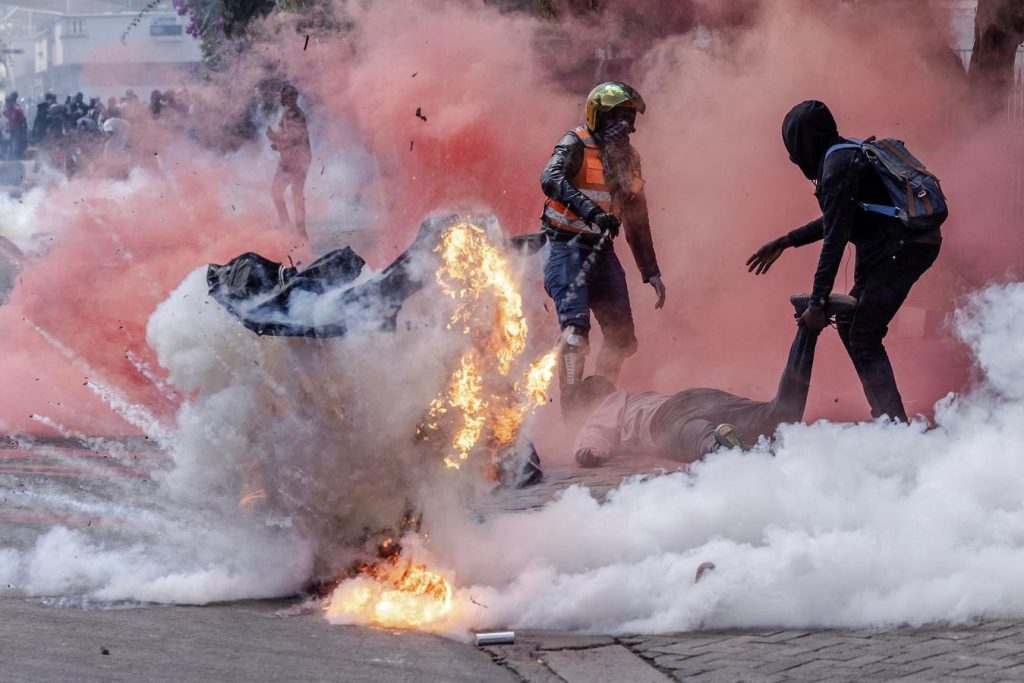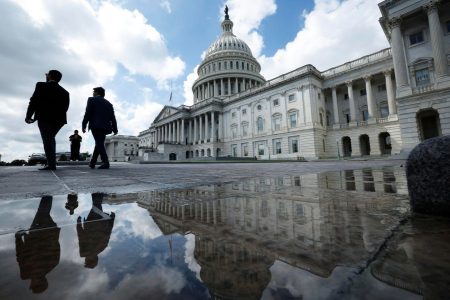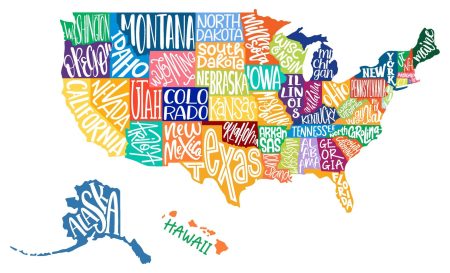Protests are continuing in Kenya over a finance bill that included significant tax hikes despite President William Ruto pulling the bill. Now, many protesters are calling on Ruto to resign following days of violence in the country.
Background
Ruto is the fifth and current president of Kenya. He’s held that office since 2022 (previously, he served as deputy president). Ruto barely scraped into office, winning just 50.5% of the vote. Following allegations that the election was rigged, the matter went to the Supreme Court, which ruled that the result would stand.
Ruto appealed to younger voters, positioning himself as a homegrown talent who would help boost employment and fix the economy. However, there has yet to be an economic turnaround, and last year, a 2023 finance bill signed into law by Ruto proved unpopular.
In fact, in June of this year, the International Monetary Fund (IMF) reported that Kenya experienced “a significant shortfall in tax revenue collection and deterioration in the primary fiscal balance in FY2023/24 relative to program targets is expected to keep domestic borrowing needs elevated.” The IMF advised, “A sizable and upfront fiscal adjustment in FY2024/25 will be needed to correct the course.”
So, Ruto made another move, introducing a bill on June 18 to raise taxes on a number of items and services, totaling nearly $2.7 billion.
Controversy
According to Sabare Oyoo, an attorney at ENS
Ethereum Name Service
The government argued that the tax hikes were necessary to keep the lights on in the government even as Ruto was enjoying the perks of his position, including travel by private jet. Some Kenyans did not agree.
Protests started in Nairobi and then spread to other parts of Kenya, turning violent—protesters stormed parliament, setting the building on fire. Police were deployed to keep the peace, but the opposite happened—at least 22 people were killed on June 25, with hundreds injured and dozens more arrested with accusations flying that police had fired on the crowds.
In a press statement, the Law Society of Kenya, the country’s leading bar association, accused the government of failing to take the claims of the protesters seriously, saying, “your members of Parliament, Cabinet Secretaries and Advisors dismissed them as idle citizens holding ‘iPhones, driven to town in Uber only to eat chicken at KFC ,’ without impact.” The association has posted a toll-free number for protesters, advising those who “need legal assistance, have been unlawfully detained, or have suffered injuries you would like to report” to reach out to them.
A majority of the protesters appear to be young people. That is, explains Bosire Nyamori, a law lecturer and chair of the Committee for Fiscal Studies at the University of Nairobi, because a majority of the population is young. “The media refer to this as youth bulge or dividend,” he says. Noting that unemployment is high, he says that “anything that is likely to make life more expensive attracts their attention.”
But that’s not all. Nyamori says that “what has aggravated this is poor governance and lack of accountability in political processes typified by, among others, corruption, wasteful public expenditure and arrogant and disdainful leaders.” The bill, then, was “a catalyst for taking on the challenges bedevilling the country such as unemployment, underemployment, health and education disparities.”
Kenyan Taxes
Currently, Kenya has a progressive tax structure, like that in the U.S. Tax rates start at 10% for the first 288,000 KES (Kenyan shillings, worth about $2,179 in U.S. dollars) and increase over a series of rates to 35% for all income over 9,600,000 KES ($74,708 in U.S. dollars).
According to a report published by the Organisation for Economic Co-operation and Development (OECD), Kenya’s tax-to-GDP ratio was just 15.2%, slightly lower than the average of the 33 African countries in 2023.
Although Kenya is not inherently a high-tax country by numbers, Ooyo says, “the frequent changes in tax policies make compliance difficult and increase the cost of doing business, making the country less attractive for investment.” Of course, that leads to a hamster wheel of consequences, including high unemployment and a stagnant economy.
Current Situation
Last week, Ruto withdrew the finance bill in an effort to stop the bleeding. He said on X (formerly Twitter) about the protests, “We commend our youth for exercising their constitutional rights to be involved in the affairs of their country. Unfortunately, criminals often hijack such initiatives, engaging in violence and destruction of property. This should not silence their voices. Moving forward, we will engage the youth and other stakeholders as part of a multisectoral effort to find solutions to issues of national concern.”
That did not placate protesters. Many on social media called for Ruto’s resignation, using #RutoMustGo as a rallying cry. And a fresh round of protests are calling for a political reshuffle.
The police and military have set up roadblocks around the capital while more protests and marches are planned. However, the “One Million People March” was not as well attended as hoped, likely due to heavy security and fears in the capital.
Nyamori believes they may continue. “The young people are now shifting the discussions from taxes to the wider problems facing the country,” he explains. But, the government is taking measures to stem the violence, including a youth engagement forum. The forum, which Nyamori says has been “dubbed the multi-sectoral forum” is intended to bring the youth together to discuss issues facing the country, including taxation.
Oyoo agrees, in part, saying, “It is unlikely that Finance Bill-related protests will continue, as Ruto has pledged to start a dialogue with Kenyan youth.” However, he adds, “despite scrapping the bill, a movement among the youth to address incompetence in government persists.”
According to the Kenya National Commission on Human Rights (KNHCR), 39 Kenyans have been killed in demonstrations and clashes with police since June 18. KNHCR also claims that there have been 32 cases of enforced or involuntary disappearances and 627 arrests.
(This is an ongoing situation and I will update as information is available.)
Read the full article here
















